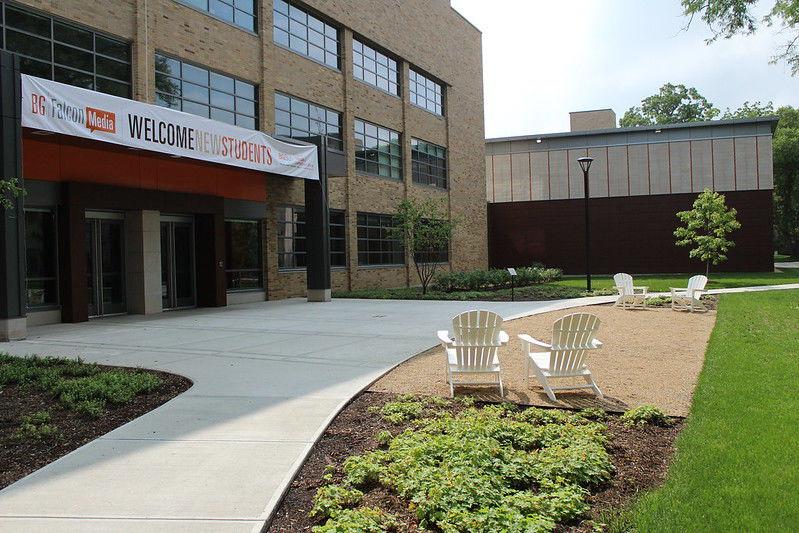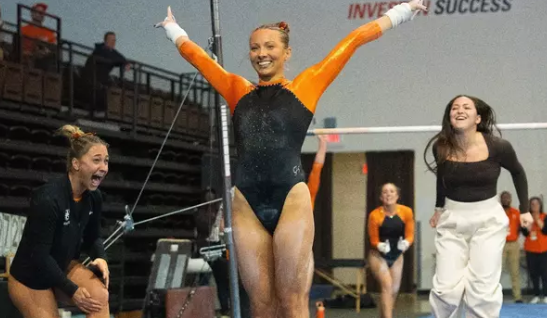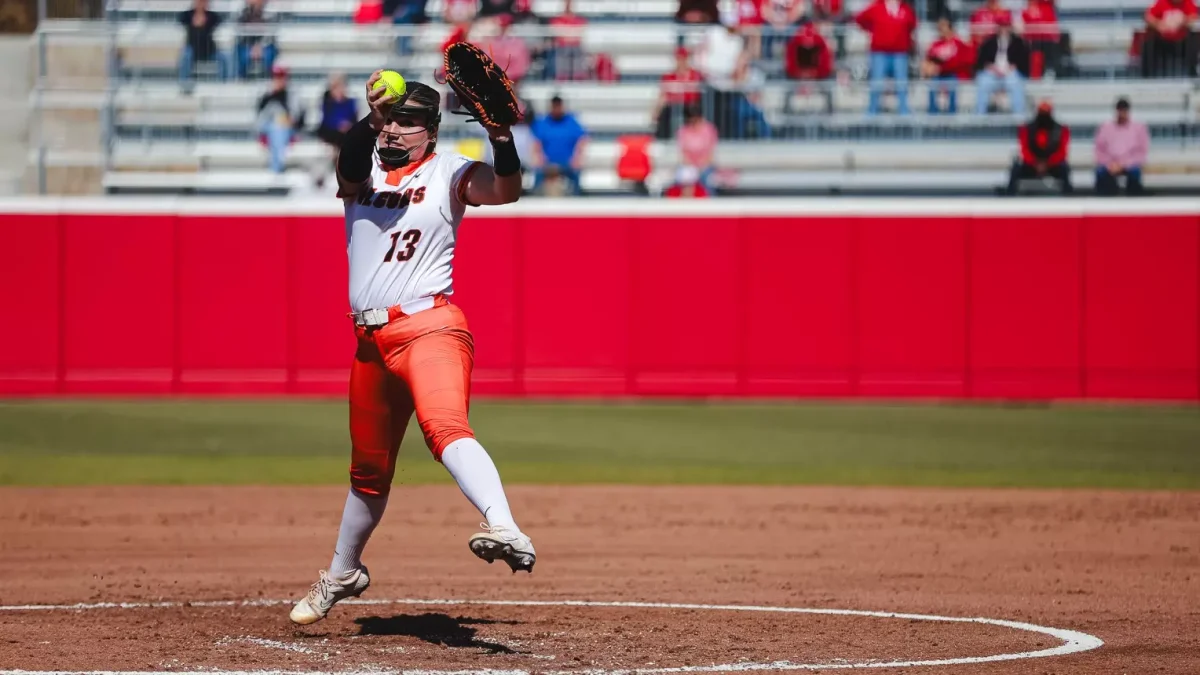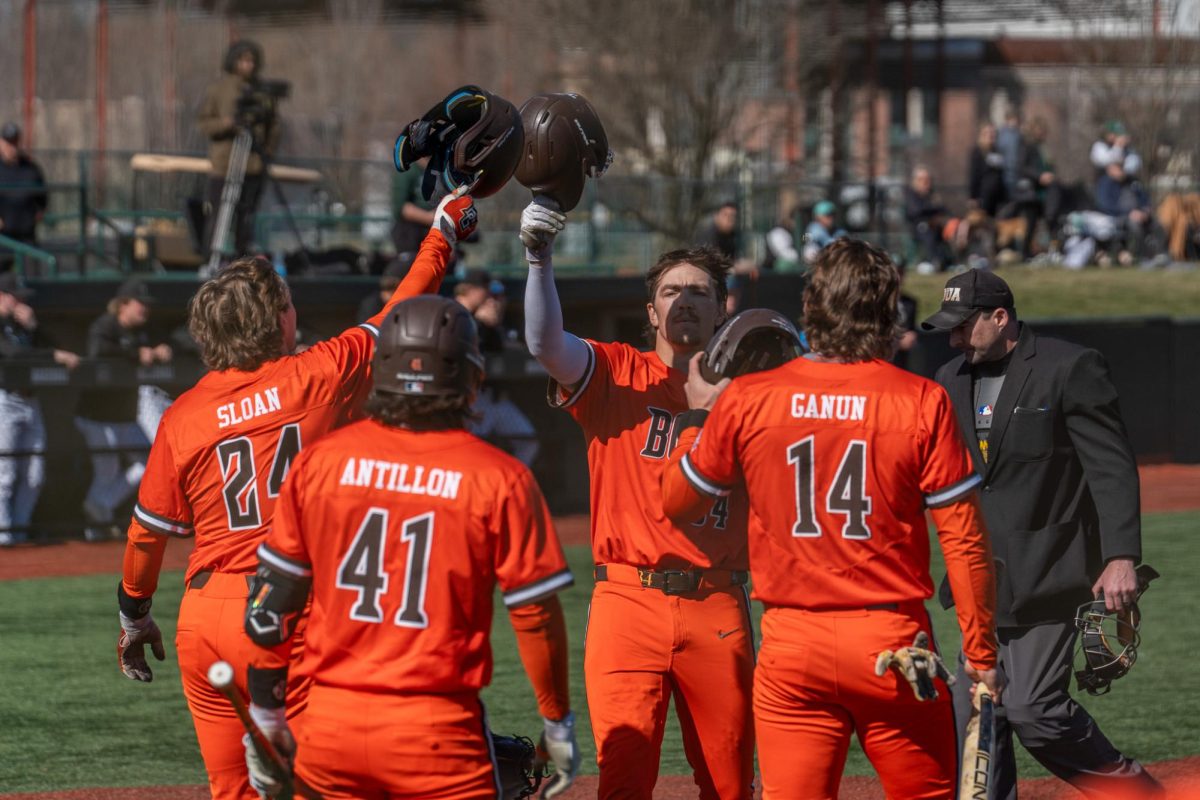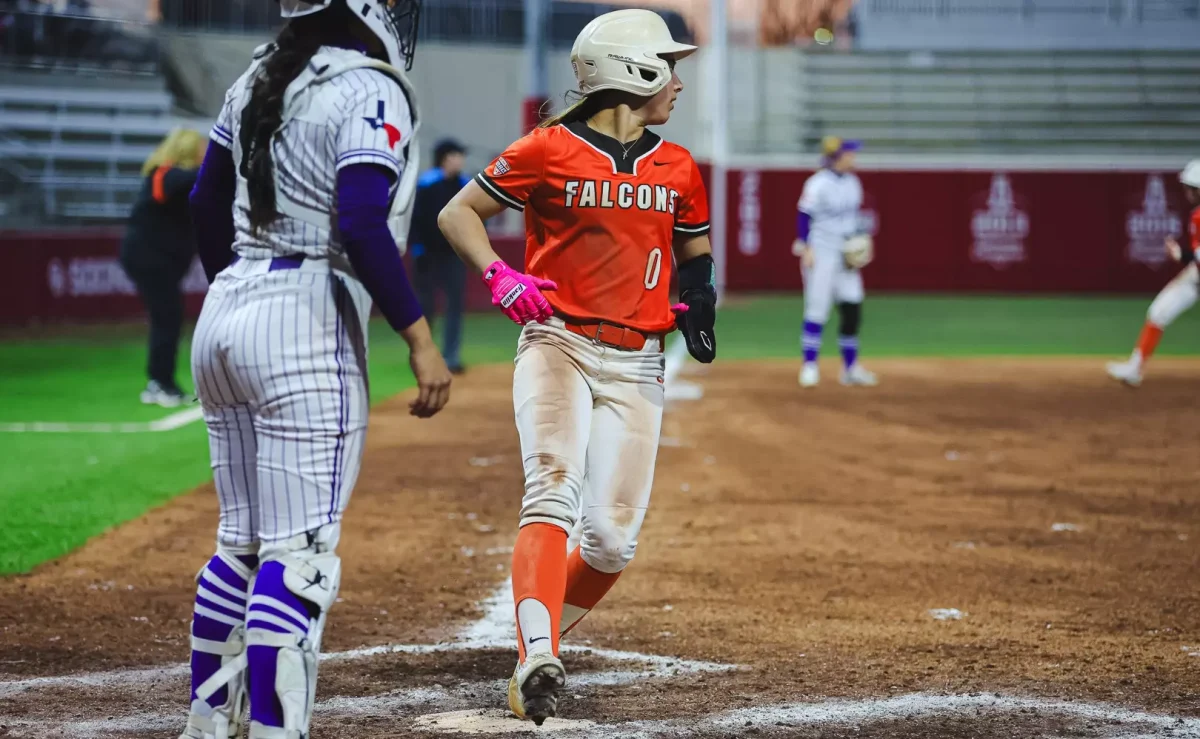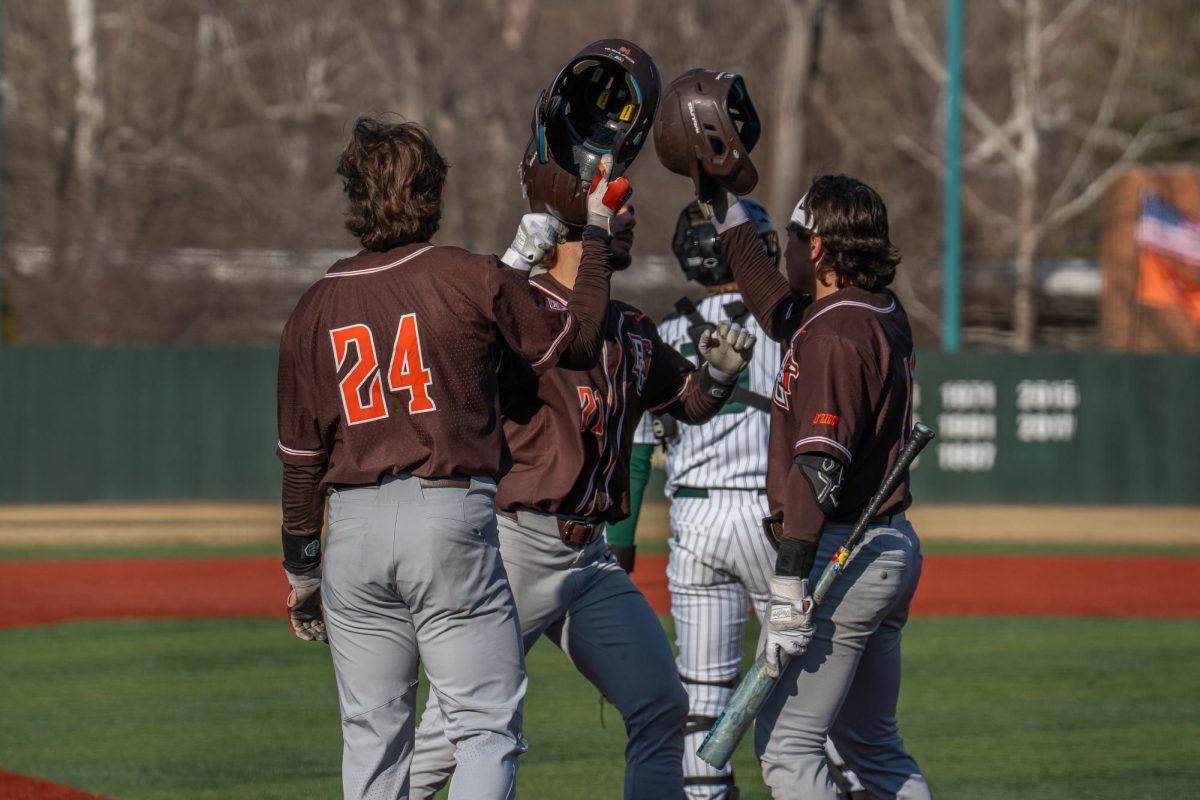Some University experts question whether a resolution brought to an Undergraduate Student Government meeting Monday threatens student media’s first amendment rights.
USG introduced a resolution, after previously hearing student concerns about The BG News, requesting administrative action.
The resolution, which was tabled, calls for public election of an editor, a system of checks and balances and for the administration to take action if published news is negative to student groups or the University as a whole.
“[The fact that] USG is advocating that media be a public relations arm for the University and support values that would make everyone feel good … is exactly the reason why we have a free press,” said Mike Horning, assistant professor in the department of Journalism and Public Relations.
The concerns prompted USG members Nadia Oehler and Aeden Timbrook to write the resolution.
Though senators had mixed feelings— postponing a vote— USG President Brian Kochheiser said he supports some sort of resolution being passed.
“When students come and voice concerns, it’s our duty to represent them,” he said.
Oehler said she is looking for more transparency because some students don’t know how the election process is run.
The public election of an editor is a form of prior restraint, which may cause an editor to be too afraid to report anything negative or controversial because it might upset the administration or student government, Horning said.
Looking back at the draft, Timbrook said the public election was not feasible.
“What we’re suggesting is an open forum of sorts or a way of making the process of electing the editor-in-chief more open to the students,” Oehler said. “That way they trust the system.”
Currently, the Board of Student Publications oversees The BG News’ operation. The board is comprised of two USG members, two undergraduate students, four faculty members, one journalism department faculty member, two members of the professional press and one member of Graduate Student Senate, said Kelly Taylor, chair of the board.
“[The BG News] is overseen by a body that represents campus very well and professional media,” Taylor said, noting that when complaints are brought up to the board, it investigates them.
USG did raise concerns during the board’s April meeting, which are reflected in the current resolution, Taylor said. The board recommended encouraging student organizations to write letters to the editor, guest columns and comment on stories, she said.
The News’ submission policy for letters to the editor and guest columns can be found on page four of each print edition of the paper. Comments are allowed on BGNews.com.
In the draft, the University athletic department is cited as one of the complainants. The legislation reads that reporting inaccuracies limited student attendance and support for athletes, which Jason Knavel, assistant director for Athletic Communications, said is false.
The department asked USG to remove it from any involvement in the resolution on Tuesday.
“Any concerns that we might have don’t rise to the level of it needing a resolution,” Knavel said, referring to other methods of expressing concerns with The News.
The Black Student Union was also cited in the resolution in terms of being misquoted. Gregory Harrison, public relations chair and future BSU President, said USG approached BSU about if the organization had been misquoted or misrepresented. Harrison said the organization was misquoted in an article from spring 2013 and contacted the reporter asking to cease the relationship.
The News did not receive any emails, website submissions or voicemails from the time and no one spoke with The News regarding any complaints.
BSU didn’t think to send a correction to the paper because the organization didn’t realize it had the opportunity to do so.
“If we had known [the policy], we would have done it initially,” Harrison said.
Timbrook echoed Harrison’s concerns and said he feels people are either unaware of the submission policy or are not submitting corrections.
“I think [people are] just emotional, so that might be something that’s contributing to the lack of submission or it’s not as advertised as much as it ought to be,” Timbrook said.
The BG News’ correction policy is listed after the blotter on page two in every publication.
“We want to be able to go back to some of the organizations that came to us and say: ‘You will be heard through the submission policy,’” Timbrook said.
When student organizations approached them with concerns, USG did not refer them to The BG News’ correction policy because Oehler said “some organizations expressed that they had tried to follow up with The BG News and felt that they were not getting where they’d like to go.”
The News has not received any emails regarding meetings with a News representative, misquotations, complaints or corrections that were not followed up on.
Editor’s Note: Kendra Clark contributed to the reporting of this story.









